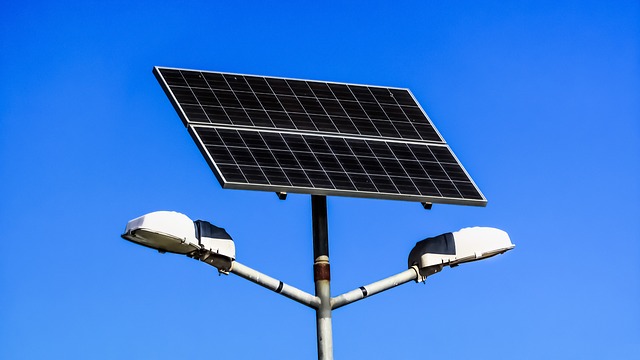Sustainable methods are the need of the hour and in India, solar drying is one of the most preferred choices and a promising technology owing to its vantage on utilisation of renewable energy. This initiative has helped the farming communities to build more sustainable business and also contribute to the development of agricultural sector in India.
The rapid growth in urban population has increased the overall energy demand including lighting, which contributes to roughly 15% of the world’s energy consumption. Hence, there is an urgent need to create awareness about energy efficiency and its positive effects on the environment.
Raipur Government Primary School is a school in Raipur village of Mewat. Being the only primary school in the village, it is expected to bring about a paradigm shift in literacy levels. Come summers and power outages become common. Students have to brave the scorching heat amidst the lessons and it becomes increasingly difficult to sit and study in the classrooms.
Eastman Auto and Power Limited (EAPL), is finding a way of redressing the power woes of the school by harnessing sunshine. Government Primary School will be one of the schools among 100 others in India to be solarised under the ‘Yellow Umbrella Campaign’.
Access to electricity has emerged as a fundamental need over the period of years. United Nations also identify access to ‘affordable and clean energy’ as one of the Sustainable Development Goals.
As a part of this initiative, a structure consisting of solar panels, PCU and Batteries will be installed. Beginning from Mewat, Haryana, the campaign has claimed to target states such as Rajasthan, UP, Gujarat, Maharashtra, Karnataka, Kerala &Madhya Pradesh.
India’s energy needs have grown tremendously; almost doubling since 2000. Ironically, although the need of energy has doubled, it has remained slow as compared to the rate of economic growth. Solar energy is not only cost-effective but is eco-friendly and has a potential to reduce India’s carbon footprint. To promote the nationwide adoption of solar energy, the Indian government launched National Solar Mission in 2010 which aims to achieve 100 GW of solar energy by 2022. According to the November 2017 report of Bloomberg New Energy Finance (BNEF), around 715 MW of capacity was added across the country in the last fiscal as compared to 227 MW in the previous year, taking the country’s total installed capacity to 1.3 gigawatts.
Thank you for reading the story until the very end. We appreciate the time you have given us. In addition, your thoughts and inputs will genuinely make a difference to us. Please do drop in a line and help us do better.
Regards,
The CSR Journal Team


